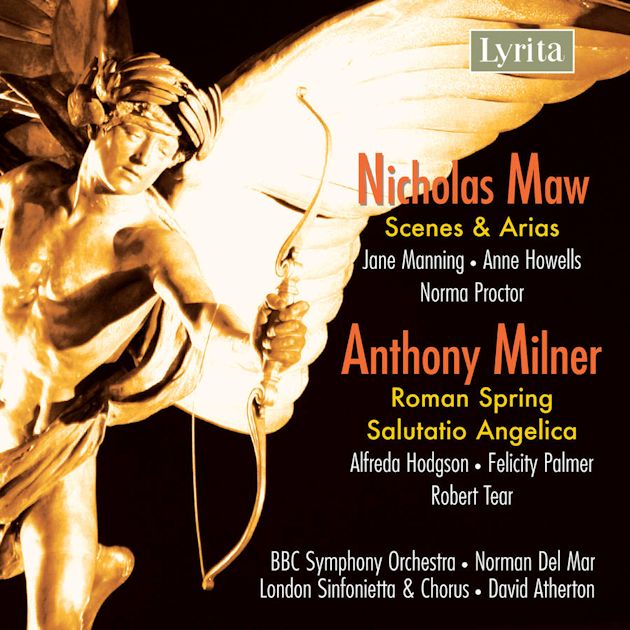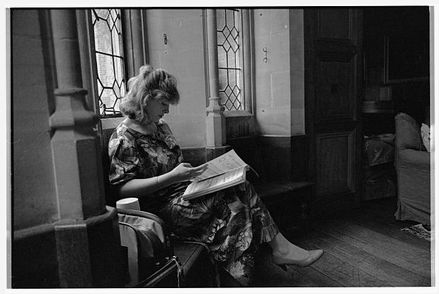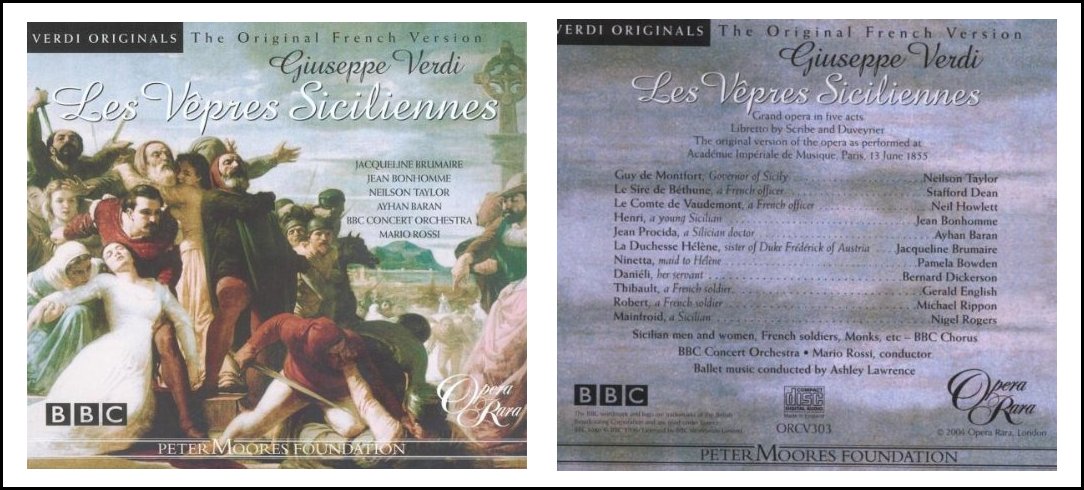Born Surrey, 20 June 1937.
English bass-baritone.
Stafford Dean had a notable international career, particularly singing Mozart roles in the world's major houses. However, his repertoire was far more varied than that suggests. He had a lengthy association with Scottish Opera, as well as with ENO and Glyndebourne.
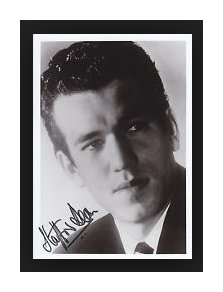 He studied at the Royal College of Music under Gordon Clinton, and
continued to work privately with Howell Glynne and Otakar Kraus. He joined
Sadler's Wells in 1964, remaining with the company for the next six years,
singing a variety of bass roles in London and on tour. His debut was
as Zuniga, and he soon added Colline, Truffaldino, Leporello, Sarastro,
Sparafucile, Rocco, Padre Guardiano, Daland, and Pluto in Monteverdi's
Orfeo. In 1967 he created
the role of Samuel Breze in A Penny
for a Song by Richard Rodney Bennett.
During this period, roles at Glyndebourne included the Magistrate in
Werther and Rochefort in Anna Bolena.
He studied at the Royal College of Music under Gordon Clinton, and
continued to work privately with Howell Glynne and Otakar Kraus. He joined
Sadler's Wells in 1964, remaining with the company for the next six years,
singing a variety of bass roles in London and on tour. His debut was
as Zuniga, and he soon added Colline, Truffaldino, Leporello, Sarastro,
Sparafucile, Rocco, Padre Guardiano, Daland, and Pluto in Monteverdi's
Orfeo. In 1967 he created
the role of Samuel Breze in A Penny
for a Song by Richard Rodney Bennett.
During this period, roles at Glyndebourne included the Magistrate in
Werther and Rochefort in Anna Bolena.His debut at Covent Garden came in 1969, as Masetto, followed by the He-Ancient in The Midsummer Marriage. Major roles he sang at the Royal Opera House in later seasons included Narbal in The Trojans, Leporello, Figaro, Don Alfonso, Rangoni, Gessler in Guillaume Tell, Bottom, and Alfonso d'Este in Lucrezia Borgia (with Joan Sutherland). In 1987 he sang the Prime Minister in the British première of The King Goes Forth to France by Aulis Sallinen. He also sang Don Alfonso at Glyndebourne and Don Pedro in Beatrice and Benedict at ENO. Roles with Welsh National included Sarastro and a notable performance as Philip II in Don Carlos.
His debut with Scottish Opera came in 1970, as Leporello, and he appeared with the company frequently over the next thirty years, in a wide range of parts by a varied list of composers including Monteverdi, Mozart, Beethoven, Donizetti, Tchaikovsky, Dvořák and Strauss. He created the double role of Cardinal Beaton and David Riccio in Mary, Queen of Scots by Thea Musgrave in 1977, and he also created the King of Portugal in Inés de Castro by MacMillan in 1996.
His international work began in 1971 with performances of Leporello in Stuttgart, then at the Munich Festival, both in stagings by Gunther Rennert. He soon afterwards sang in Hamburg, Berlin. Prague and Bordeaux. His career developed rapidly with appearances in most of the major houses, particularly in the roles of Figaro and Leporello, which he sang in Cologne, Hamburg, Munich, Amsterdam, Vienna, Tokyo, San Francisco, Paris and Aix-en-Provence. He also sang Figaro in Chicago (1975) and at the New York Met (1976).
His recordings include Abednego in Britten's own recording of The Burning Fiery Furnace. He also recorded Rochefort in Anna Bolena, Pluto in Il ballo delle ingrate, Trulove in The Rake's Progress, Tiresias in Oedipus Rex, Marti in A Village Romeo and Juliet and Pirro in I Lombardi. While Inés de Castro was televised by the BBC, the tape has never been made available commercially. The TV showing of the Covent Garden Lucrezia Borgia in 1980 was subsequently released, and is seen farther down on this webpage.
Revised 7 April 2012. [Adapted from the Opera Scotland website]
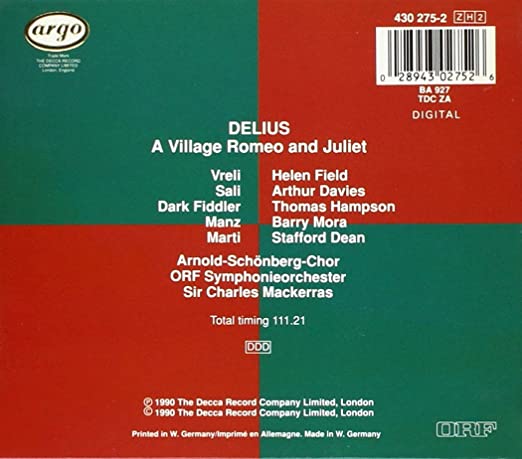
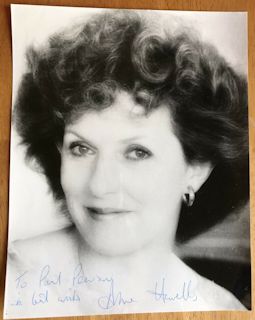
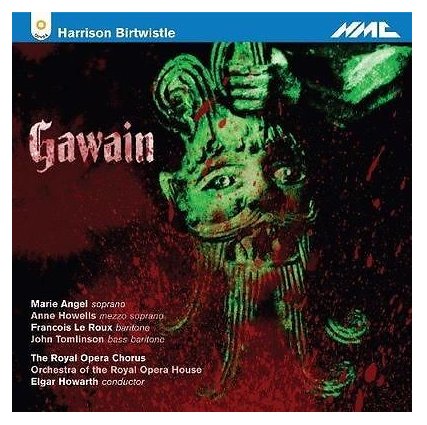
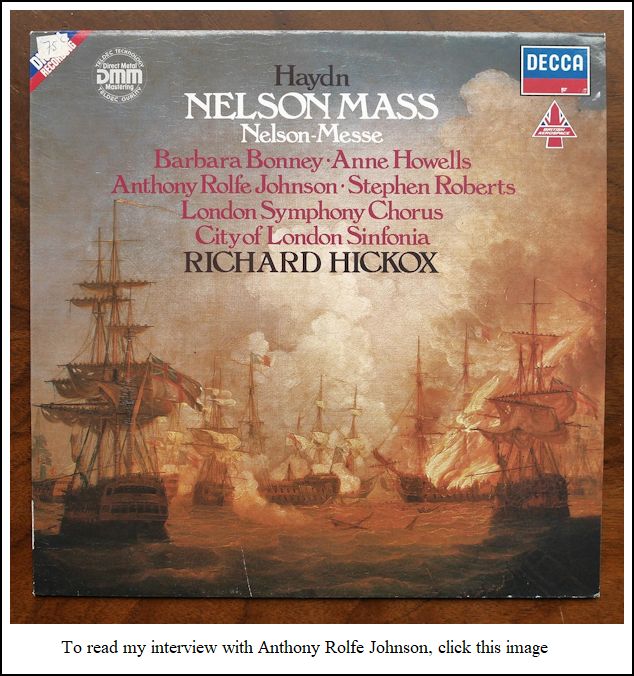
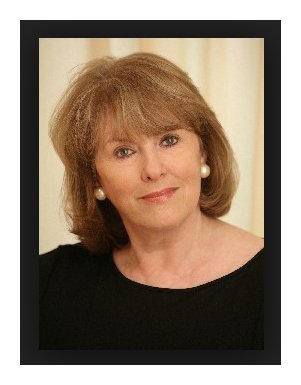 Anne
Anne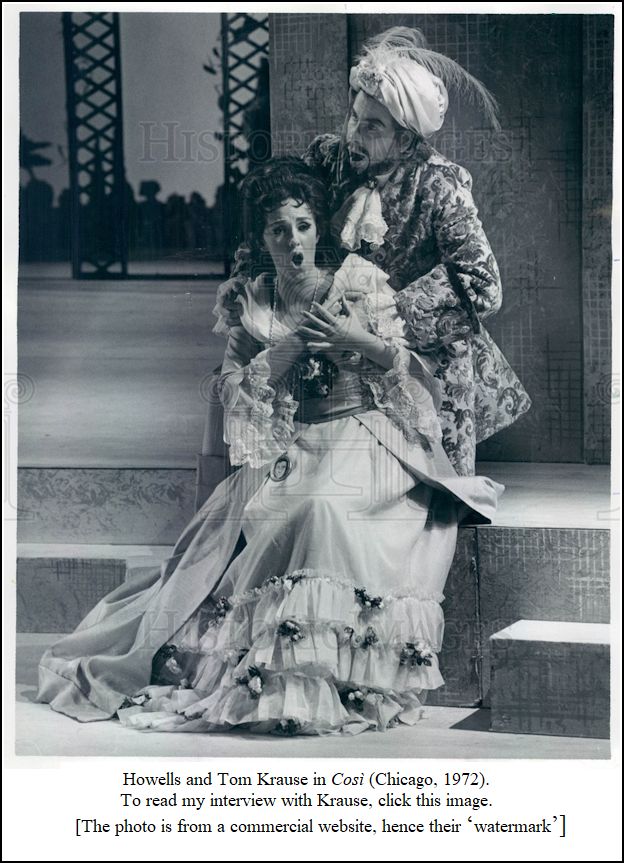
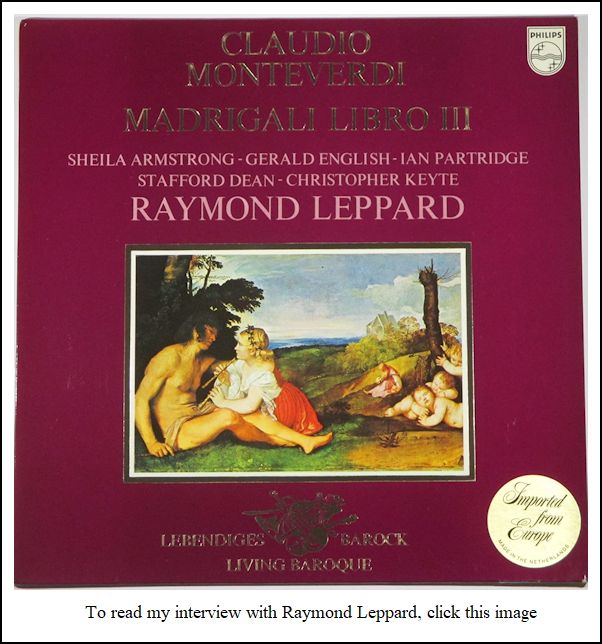
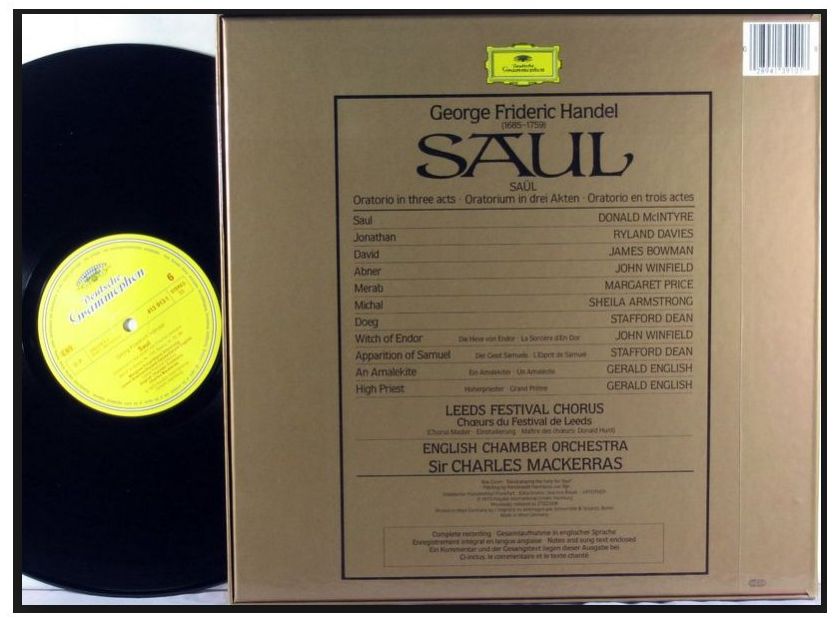
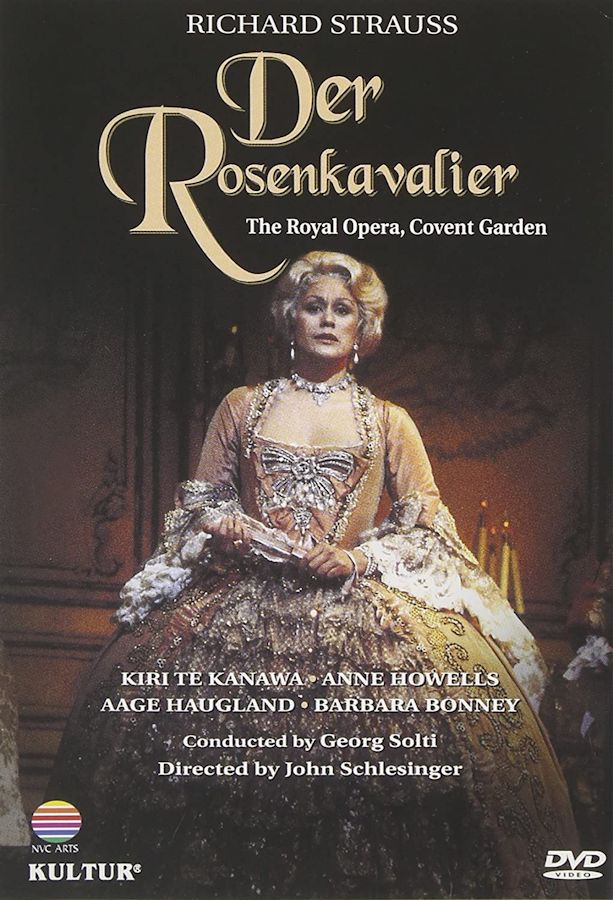

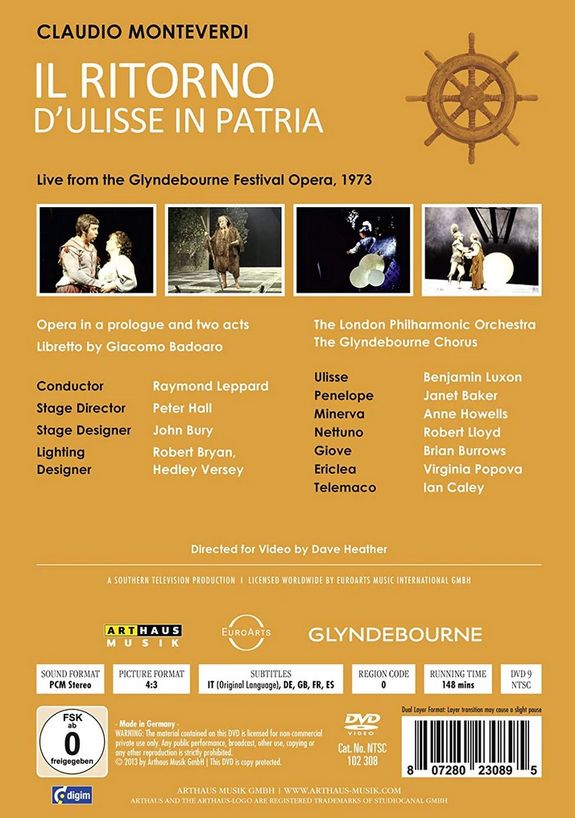
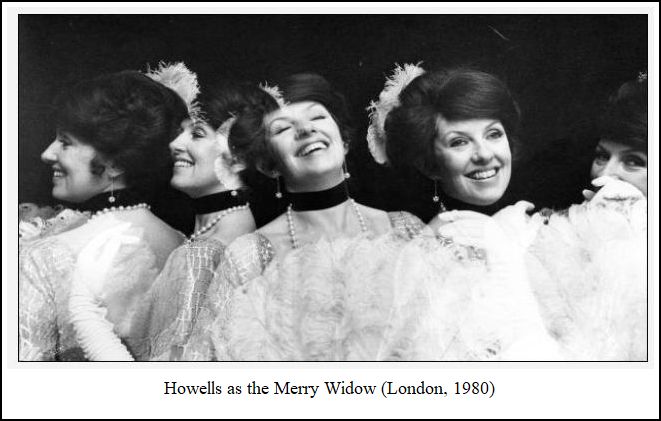 BD
BD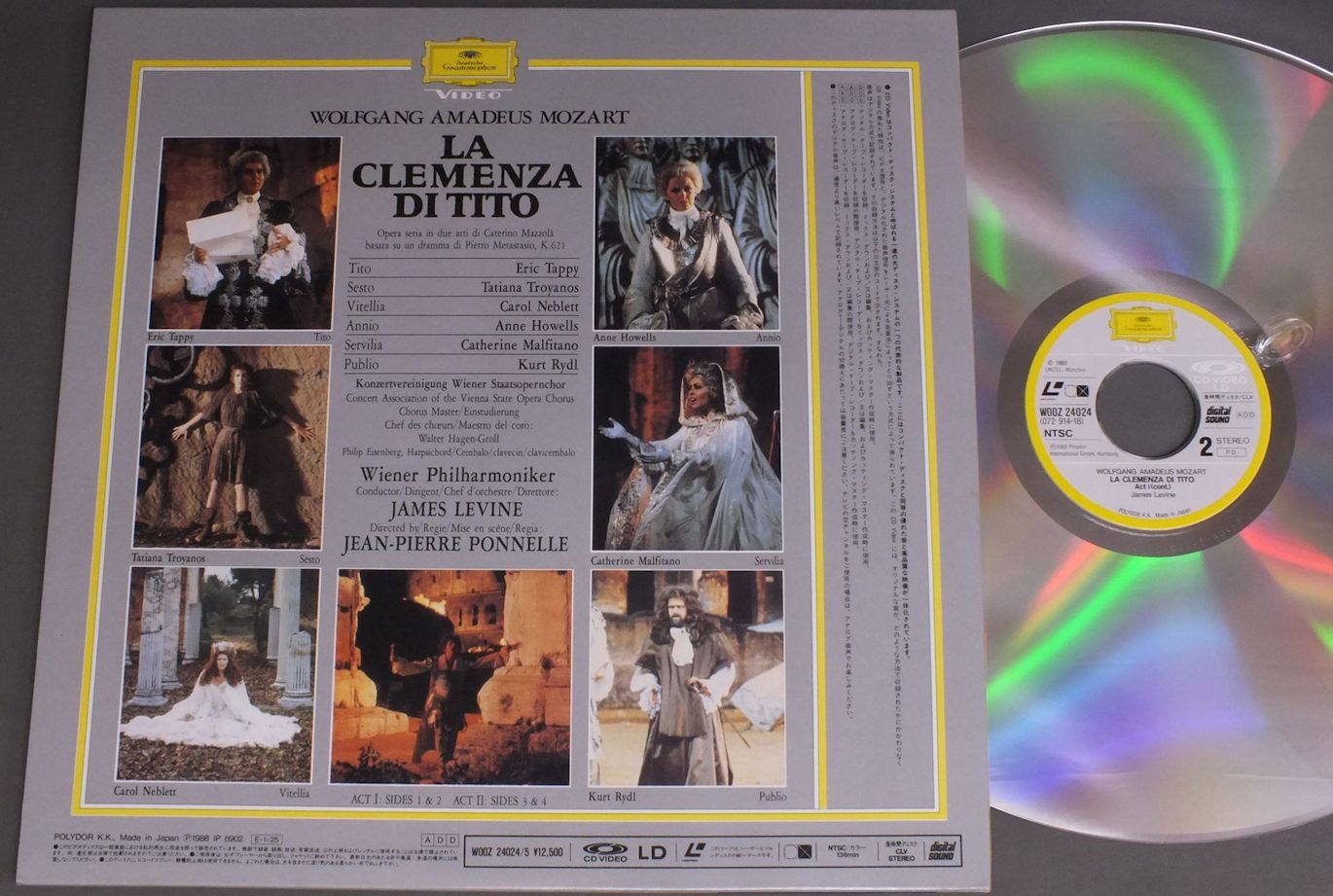
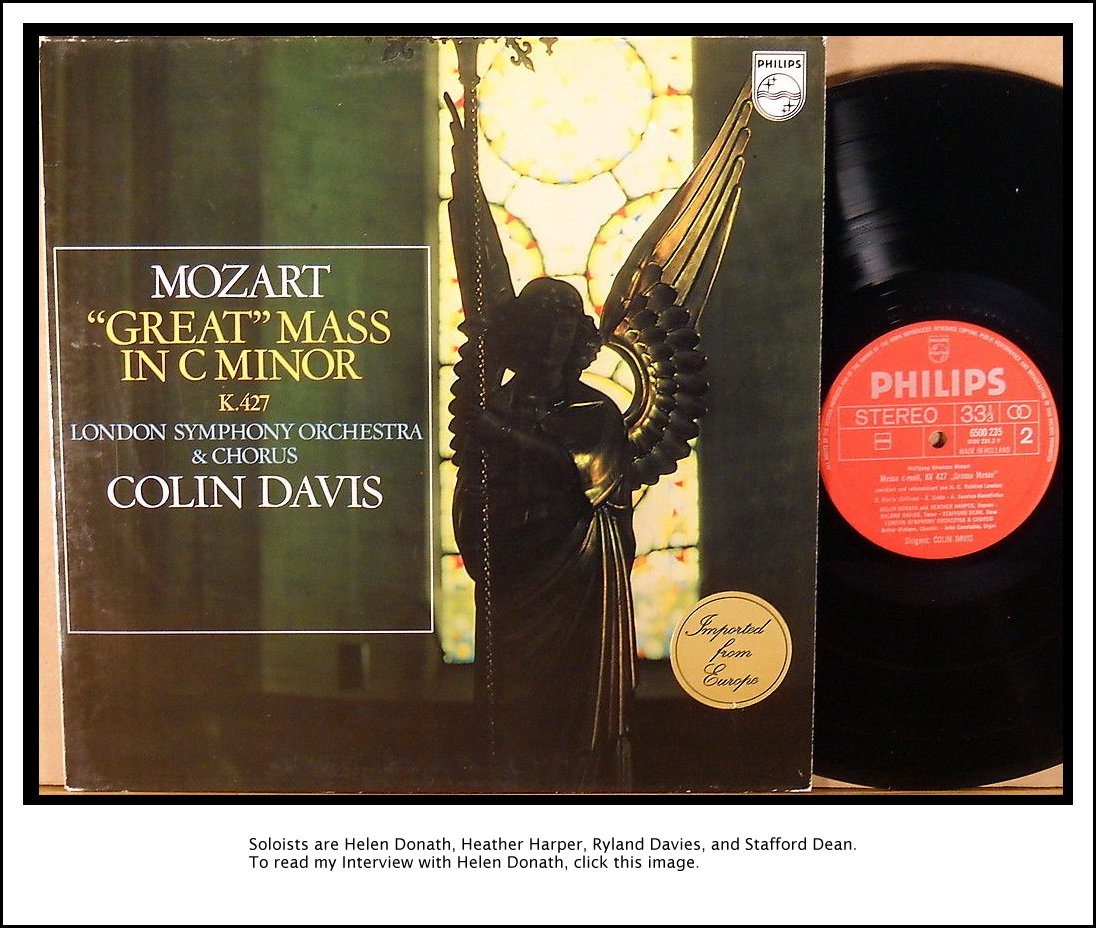
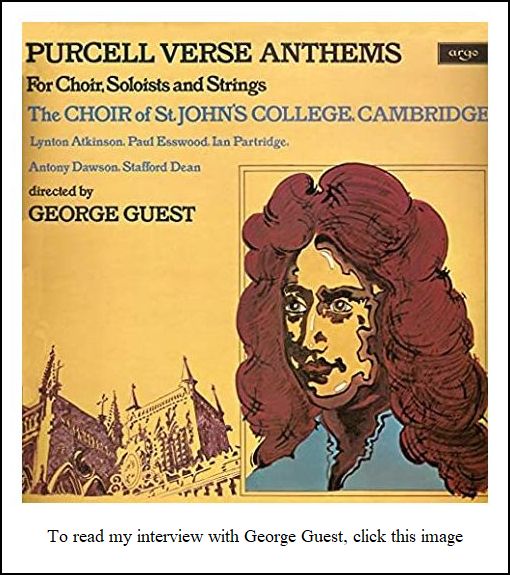 Anne
Anne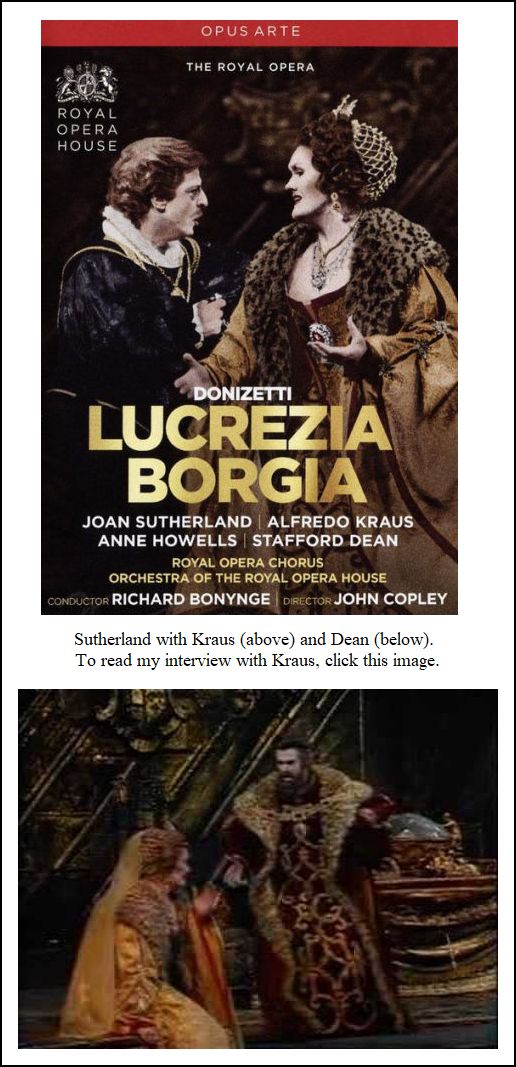 BD
BD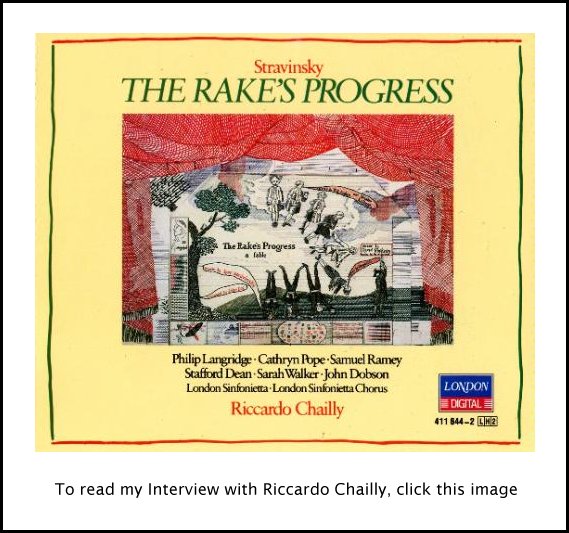
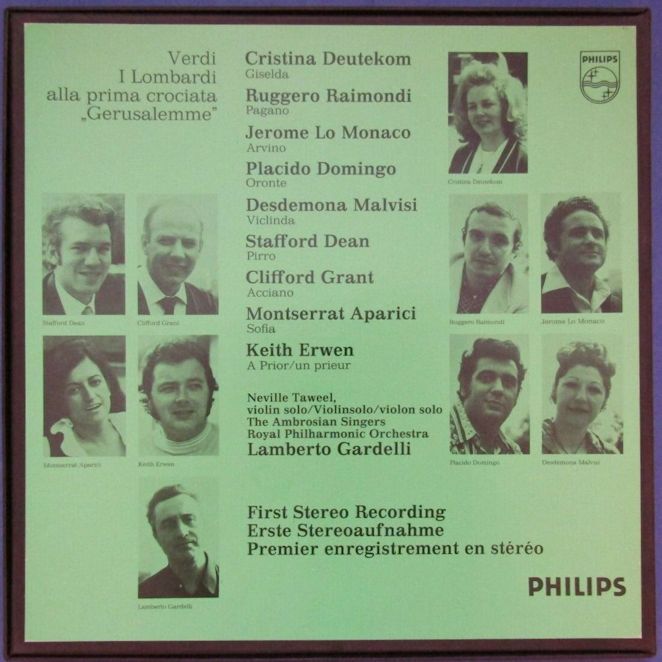 BD
BD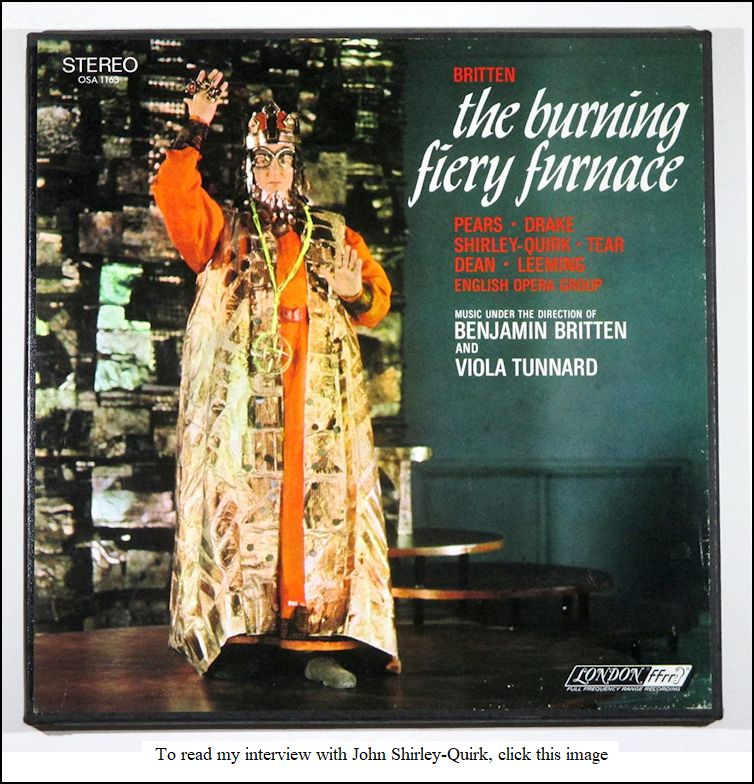
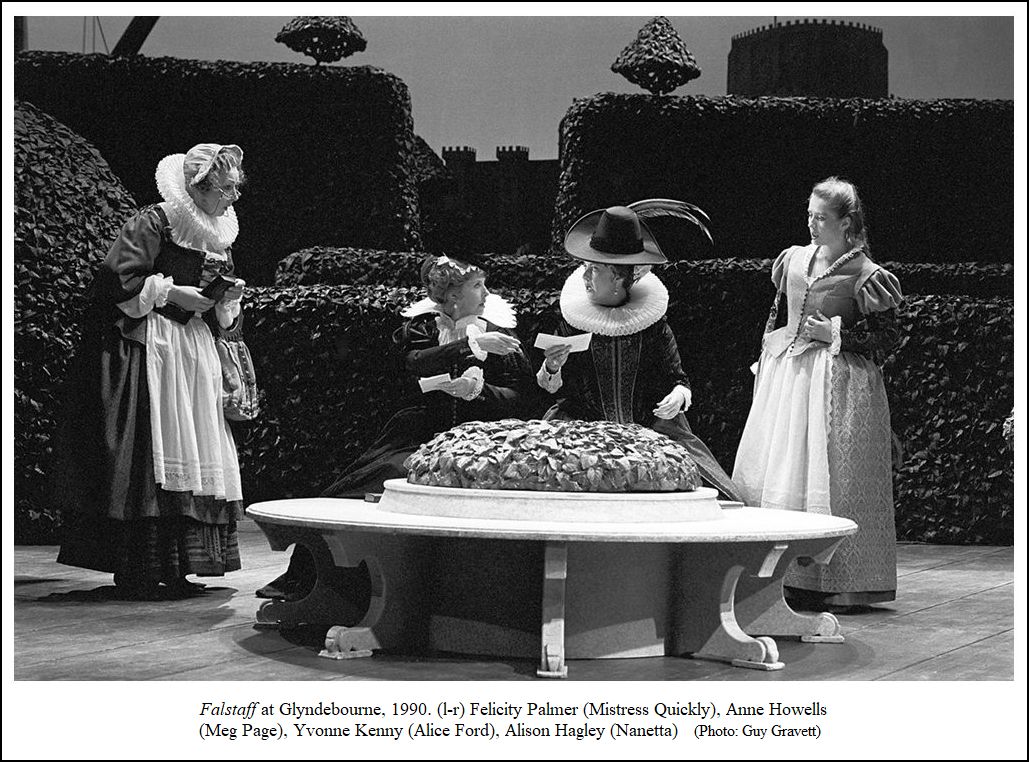
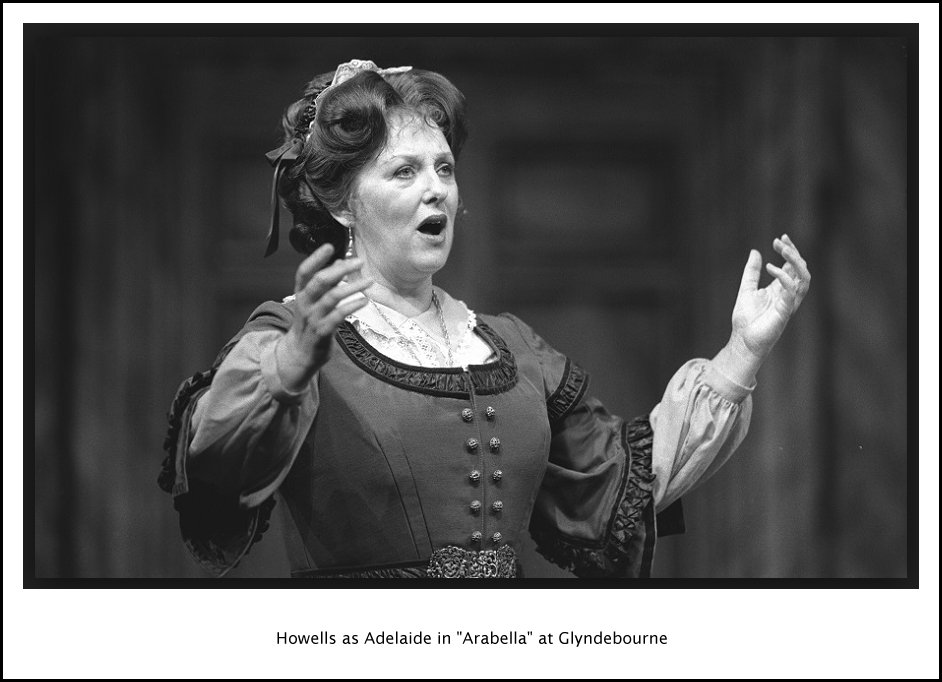
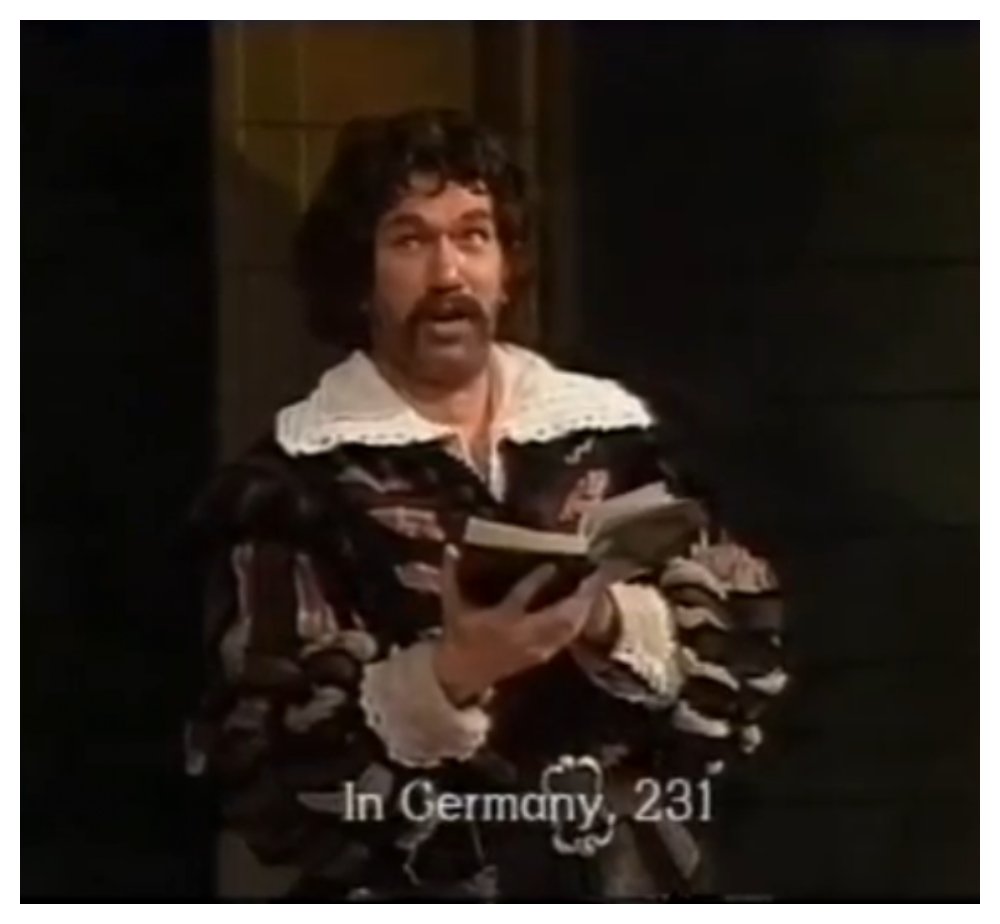
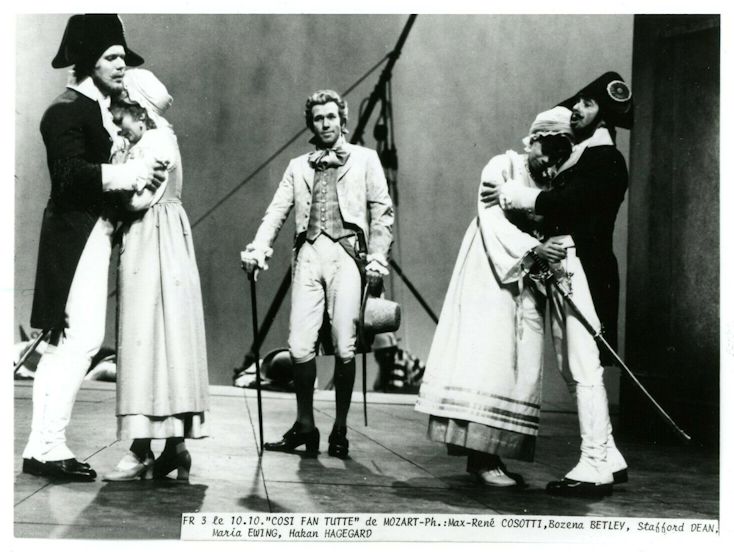 Anne
Anne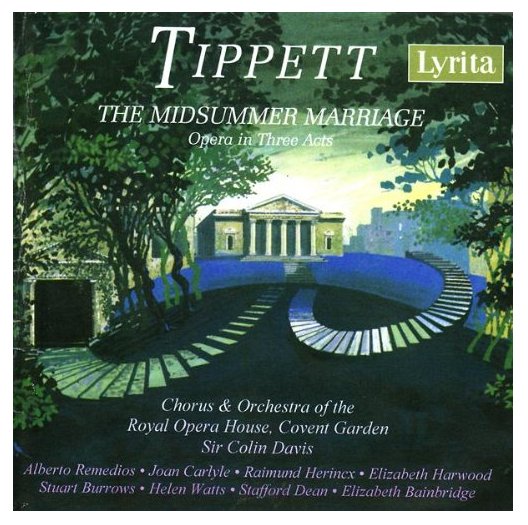 Stafford
Stafford